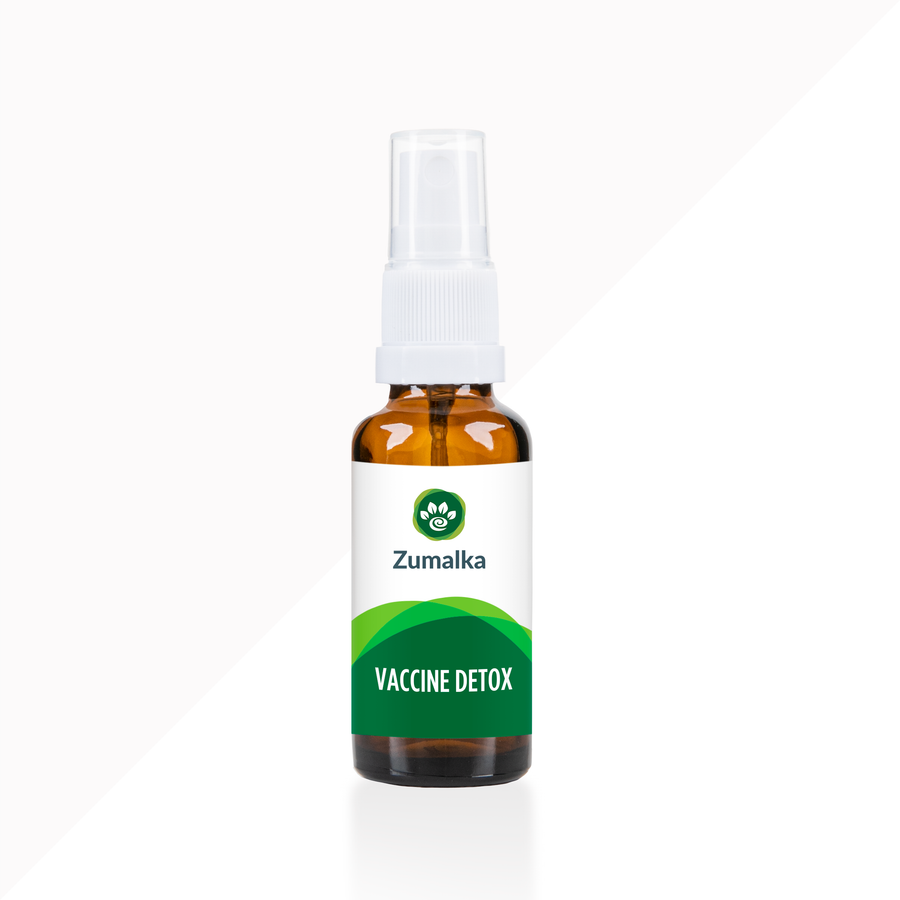Is Pet Health Insurance Worth the Cost? A Comprehensive Guide

Although it's not something we like to think about, pets can become sick or develop health issues at some point in their lives. Without proper financial preparation, the resulting vet bills and medical expenses can be a significant burden.
This is why many people choose pet health insurance to ensure their beloved pets receive the care they need when unexpected health issues arise.
I've created this blog post to educate pet parents on the key aspects of pet insurance and how it can benefit their pets, whether they have dogs, cats, or other animals. To clarify, I am not endorsing any specific pet insurance provider.
A Brief Overview on Pet Insurance
Pet health insurance is similar to human health insurance. At some point in your pet's life, it will be susceptible to health problems, which can become a significant financial burden if you're not prepared.
Understanding pet insurance policies
A pet insurance policy—the technical term for a pet health insurance contract—is designed to reimburse the pet owner for expenses incurred from vet bills, surgeries, emergency care, and related fees.
However, it’s important to note that coverage varies depending on the specific pet insurance plan, so reviewing the details of the policy is essential.
How about pet insurance premiums?
A monthly or annual premium must be paid to keep a pet insurance policy active. The amount of the premium depends on various factors, including the coverage of the specific policy. Examples of coverage options include accident coverage, preventative care, and, in some cases, routine care.
Some pet insurance plans even offer unlimited coverage. While these plans can be more expensive than others, they often provide greater financial protection and peace of mind in the long run.
In the next part of our discussion, we will explore the benefits of pet insurance in more detail.
The Benefits of Pet Health Insurance

Peace of mind is the most significant benefit of having pet insurance. Knowing that your dog, cat, or other pet is covered by a plan alleviates the stress and anxiety that can arise when accidents, disease, or illness strike.
Having health insurance for pets allows you to focus on helping your animal family member recover, rather than worrying about the financial costs that may arise.
Another benefit to note is access to a broader range of treatments for your pet. With coverage, pet insurance companies will support you when it comes to specialized or costly procedures that might otherwise be out of reach.
Additionally, a pet insurance plan is typically customizable, allowing you to choose the ideal coverage for your pet, select the appropriate policy term, and determine the deductibles and reimbursement rates that fit your budget.
What Could Prevent a Dog or Cat from Getting Pet Insurance?
While pet insurance typically covers dogs, cats, and other common pets, certain factors can limit or even prevent your pet from qualifying for a policy. Here are some of those factors:
Pre-existing conditions
A pre-existing condition is a known heath problem that your dog or cat has before signing up for a pet health insurance policy. Chronic health issues like arthritis, diabetes, kidney disease, and hip dysplasia are considered pre-existing conditions.
Moreover, cancer is considered one of the pre-existing conditions that can prevent your pet from obtaining coverage. Even if your pet is in remission or the type of cancer is less severe, it can still be a barrier to getting a policy.
Age and breed
While some pet insurance providers still offer coverage for senior dogs and cats, their benefits and policy terms often become less favorable. Most companies only provide policies for cats up to 14 years of age and for dogs up to 16 years.
Breed-specific conditions can also prevent your pet from qualifying for an insurance plan. These conditions include intervertebral disc disease, common in Dachshunds; brachycephalic syndrome, which affects Boston Terriers, Persian cats, and Bulldogs; and luxating patella, which often affects small dog breeds.
Location
The state you live in can also affect your pet's eligibility for a health insurance plan. In some areas, the best pet insurance policy may be limited in coverage or too expensive for your budget. For example, annual deductibles might be higher and waiting periods may vary depending on your location.
Claims history
It's not uncommon for some dogs and cats to be particularly prone to disease and illness, leading their pet parents to file insurance claims more frequently. In these cases, an insurance provider might limit coverage or increase premiums.
Unfortunately, some companies may even refuse an application or renewal altogether.
As a homeopathy expert and a pet mom, I highly recommend getting insurance for your animal family member while they are still healthy. Your chances of securing the pet insurance plan you want for your dog or cat may decrease if pre-existing conditions are already present.
The Costs of Pet Insurance
There are several key factors to consider when determining the cost of a health insurance policy for your dog or cat. These include the type of animal, your pet's breed, age, location, and the specific coverage you're seeking, particularly in terms of maximum limits or caps.
For dogs, basic accident-only plans range from $10 to $30 per month, while comprehensive coverage can go up to $60. For those seeking more extensive protection, premium plans—including preventative care—can cost as much as $100 monthly.
For cats, basic accident-only plans range from $7 to $20 per month. Comprehensive plans can cost up to $40 monthly, while premium options—including preventative care—may exceed $80 per month.
What Does Pet Health Insurance Cover?

Depending on the policy you've enrolled your pet in, pet health insurance typically covers accidents (such as injuries and broken bones), illnesses (like ear infections), and hereditary conditions.
It may also include surgery, hospitalizations, emergency care, diagnostic procedures (e.g., X-rays), and alternative therapies.
However, it's important to note that a health insurance policy for your pet won't cover routine care procedures, such as dental cleanings and vaccinations, or breeding costs. Pre-existing conditions, as well as cosmetic procedures like ear cropping and tail docking, are also excluded.
Given that a pet health insurance policy can significantly impact your pet's life, it's crucial to review the details as thoroughly as possible.
I also recommend asking questions about anything unclear to avoid problems down the road.
Common Myths and Misconceptions About Pet Insurance
Let’s quickly review some common myths and misconceptions about getting a healthcare insurance plan for your pet.
Myth: pet insurance is extremely expensive.
The reality is that the premiums you pay vary widely depending on the coverage you choose for your pet. While there are cheaper, basic accident-only plans, more comprehensive options can be more expensive.
Myth: pet insurance is unnecessary if a dog or cat is healthy.
Health issues, including diseases, illnesses, accidents, and injuries, can arise without warning. Some conditions, particularly those that are congenital or hereditary, may manifest unexpectedly at any time.
Myth: pet insurance claim forms are cumbersome.
Thanks to advances in technology and increasing competition among pet insurance providers, the process of filing a claim is now much more streamlined. Some companies even offer mobile apps to make it easier and faster.
Myth: pet insurance significantly limits the vets you can consult.
Most pet insurance policies allow you to visit any licensed veterinarian. As long as your veterinarian is licensed and your policy is in effect, you’ll have the flexibility to choose who cares for your pet.
The Decision to Obtain a Pet Insurance Policy is Entirely Yours
Deciding whether to get health insurance for your pet is entirely up to you. If you have sufficient resources, you might choose to pay veterinary bills and other related expenses directly rather than through an insurance policy.
Boosting immunity early in life is crucial, pet parents
Your pet's immune system plays a vital role in keeping it healthy and happy. As the primary line of defense against diseases and illnesses, strengthening it early can help prevent future health issues.
Zumalka's SILVERPET is designed to protect your pet against viruses, germs, and bacteria, while naturally boosting its immune defenses. This versatile natural product can be used on its own or in combination with conventional medical treatments.







Thanks for this informative post!
https://www.valuemarketresearch.com/report/pet-insurance-market
One big issue with just about all of these policies is that you will find a clause written into the policy that states that you will keep your pet up to date on all vaccines recommended by your vet in order to keep your end of the deal. And if you don’t do that, they won’t pay out your claim. Iny opinion, most vets are recommending way too many vaccines that are undermining our pets’ health and I refuse to have my cats injected with that stuff as a condition of having my claim honored after paying high premiums. Even if your claim is for something completely unrelated, such as an accident, they’ll use that as an excuse to not pay you. So no to health insurance.
Leave a comment